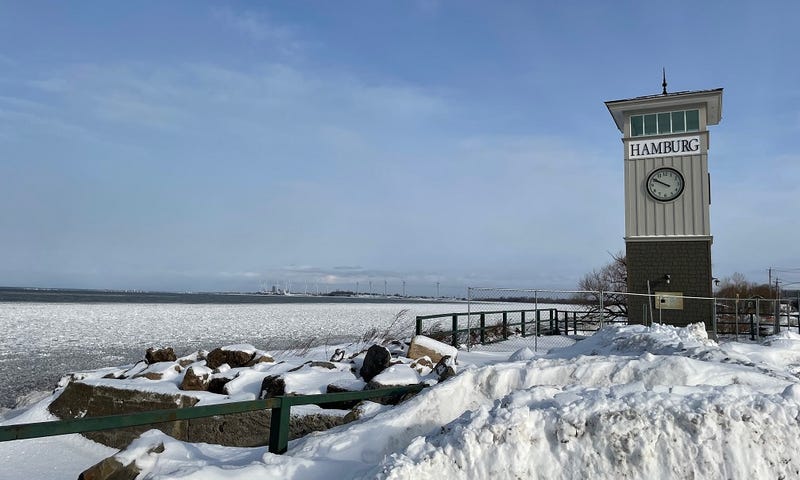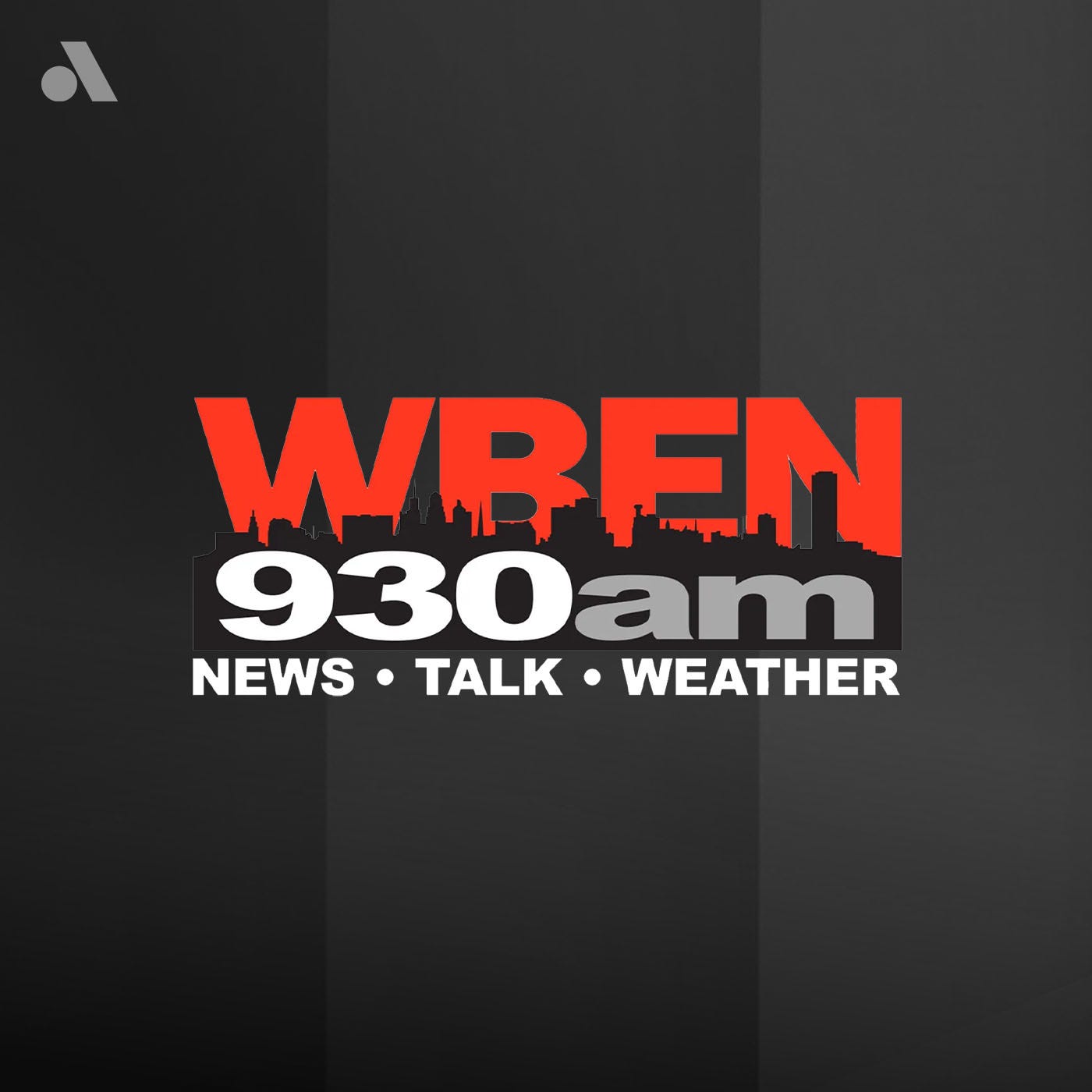
Buffalo, N.Y. (WBEN) - New York Congressman Chris Jacobs was on-hand at Hoak's Restaurant in Hamburg on Tuesday, as he spoke to advocate for the Save Our Seas (SOS) 2.0 Act to protect and ensure the health of Lake Erie and the other Great Lakes.

Back on Dec. 10, a letter was sent to the U.S. House Committee on Appropriations by Jacobs and other members of Congress, requesting full funding for the Save Our Seas 2.0 Act in the FY22 appropriations bill.
"Our Great Lakes are regional treasures," Jacobs said on Tuesday. "They provide clean drinking water for us, are a major resource of our economy, our communities, our agriculture community... recreation and much, much more. Studies show that every $1 invested in our lakes returns about $4 in economic activity. Ensuring they are healthy and protected for future generations is a responsibility I take very seriously."
Back on Dec. 18, 2020, the SOS 2.0 Act passed Congress and was signed into law. It was aiming to reduce, remove and prevent marine debris in the environment, particularly in U.S. waters and oceans around the world. SOS 2.0 was also looking to improve domestic infrastructure to prevent marine debris through several new grant programs, as well as incentivizing international engagement to combat marine debris.
According to a 2016 study done by the Rochester Institute of Technology, it found that nearly 10,000 metric tons of plastic debris enter the Great Lakes every year from both the U.S. and Canada.
"This pollution eventually breaks down into micro plastics, which can harm everything from our drinking water to the aquatic life in our lakes," Jacobs said.
"Today, the ingestion of micro plastic and pharmaceuticals in the water are more deadly to everything," said Organizer of the Great Lakes Beach Sweep, Sharen Trembath. "Studies have shown changes in fish development and hormone changes in different species. ... We all ingest minute plastic material through our drinking water, and this has caused hormonal changes in adults and children. It's so important to keep our beaches clean. Everything that's flushed and poured down our drains ends up in our water and in our bodies."
Perhaps the biggest challenge for activists like Trembath and others is to keep leaking industrial wind turbines out of our lake. This is particularly important with the amount of wind turbines currently residing along the Lake Erie shoreline on the Buffalo waterfront.
"These turbines can hold up to 400 gallons of lubricant in the motor on top. If one of these are struck by lightning, cannot withstand our winter winds or topples over for whatever reason, this could destroy 21% of the world's fresh water," Trembath said.
Jacobs is calling for the Appropriations Committee leadership in both the House and Senate to provide the full funding necessary for the SOS 2.0 Act. He says in the letter that while the program received funding in the Infrastructure Investment and Jobs Act, there are sill large funding gaps for the implementation of SOS 2.0.
"With full funding, the Save Our Seas 2.0 would provide grant opportunities for a wide-range of projects to address plastic pollution in our lakes, especially with the focus of micro plastic removal and prevention," Jacobs said. "This is a significant issue for all of our water ways. It's a particularly significant issue for our fresh water and our lakes."
You can listen to the entire press conference from Hamburg on the Lake below:

